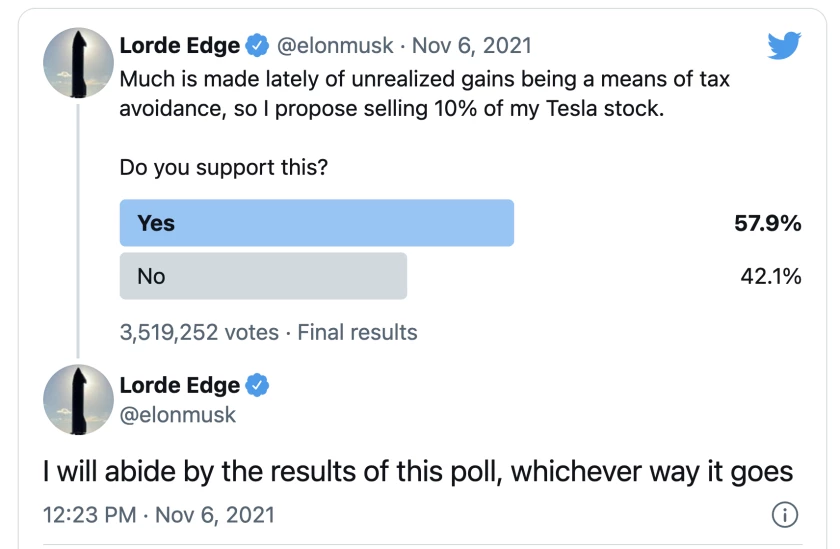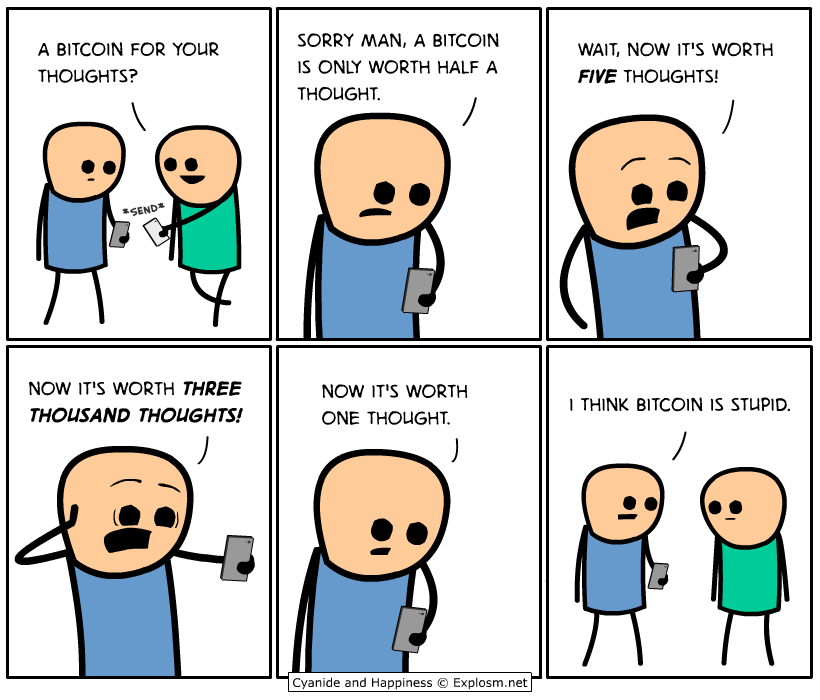From Current Biology, December 2017.
Russia’s new Lysenkoism by Edouard I. Kolchinsky, Ulrich Kutschera, Uwe Hossfeld, and Georgy S. Levit
One of the most disturbing trends in current Russian science is the so-called ‘re-thinking’ of the historical role of Lysenkoism. There is a growing body of literature reasssessing or even fully rehabilitating the erroneous ideas of Lysenko. The phenomenon became internationally known thanks to the 2016 book Lysenko’s Ghost by the American historian of science Loren Graham. Graham claims that the popularity of modern epigenetics, as well as the growing influence of the Russian Orthodox Church and sympathies to Stalin, significantly contributed to the revival of Lysenko’s views. However, the picture is more complex.
The first to alert the public to the new rise of Lysenkoism was a Russian embryologist, Leonid Korochkin, who published a short overview in the influential newspaper Literaturnaya Gazeta. In his article, Korochkin blamed mysticism and ignorance, spreading in Russian society, for the growth of Lysenkoism and other pseudo-scientific teachings. In the second half of the 2000s, a series of seemingly scholarly publications appeared with the objective to re-habilitate Lysenko and to discredit Vavilov. Initially, pro-Lysenkoist books were published by authors that have little connection to biology or the history of science.
Subsequently, however, scientists with degrees in biology, agriculture or medicine joined the campaign. For example, Lysenko’s former PhD student, Petr Kononkov, published an edited volume entitled Trofim Denisovich Lysenko, Soviet Agronomist, Plant Breeder, Biologist. Another book by Kononkov by the title Two Worlds, Two Ideologies takes Lysenko into the general context of competing Western and Soviet/Russian ideologies. Remarkably, Kononkov’s book was sponsored by the Federal Agency on Press and Mass Communications, an executive organ of the government, established in 2004 by decree of the President. With respect to the interpretation of historical and biological data, the latter book is plainly Stalinist and Lysenkoist. Kononkov imagined Lysenko as a patriotic humanist with a worldview deeply rooted within the Russian Orthodox culture, though the Orthodox Church in no way supports the neo-Lysenkoist doctrine. In these and other similar books by Kononkov and his co-authors Lysenko appeared as a true patriot and great scientist who was ahead of his time. Lysenko’s concepts, such as the theory of Jarovisation and vegetative hybridization, they argue, were close to practical needs of agriculture. In one of his publications, entitled Lysenko’s Contribution to the Victory in the Great Patriotic War, the author states that Lysenko’s innovations were meant to solve the food problem in the periods of famine when the country lacked adequate academic, material, financial and human resources. Nicolai Vavilov, on the contrary, is presented by neo-Lysenkoists as an orthodox academic writer, who did not appreciate applied aspects of biological research, and accordingly wasted resources for questionable purposes. In that sense, this first wave of neo-Lysenkoism looked like the continuation of old controversies around Lysenko and Vavilov, which appeared to have been solved several decades ago.
The most recent version of neo-Lysenkoism is, however, much more inclusive. The current enmity between Russia and the West contributed to bolstering of pro-Lysenko arguments, adding ideological overtones. Thus, in Two Worlds, Two Ideologies, geneticists over the globe with an international publication record are depicted as pseudo-scientists and charlatans, performing tasks assigned to them by globalist agendas that are hostile to Russia. Opponents of Lysenko are called ‘traitors of the nation’. According to Kononkov, Lysenkoism corresponds to the current geopolitical interests of Russia. The editor of this book, German Smirnov, educated as an engineer, is known for his anti-Semitic claims. He maintains that Zionism was the main anti-Lysenkoist power not only in Russia, but all over the world.


